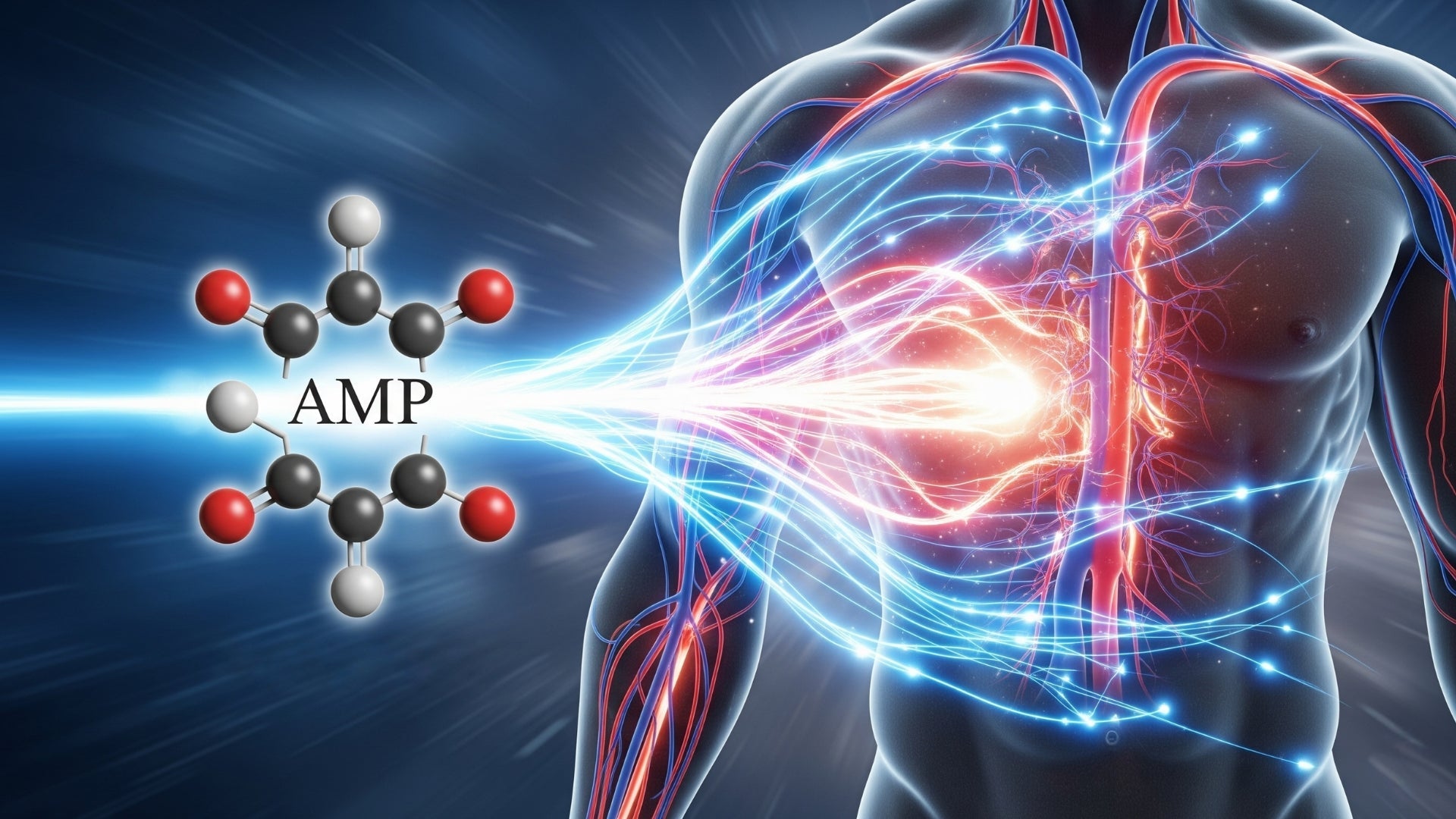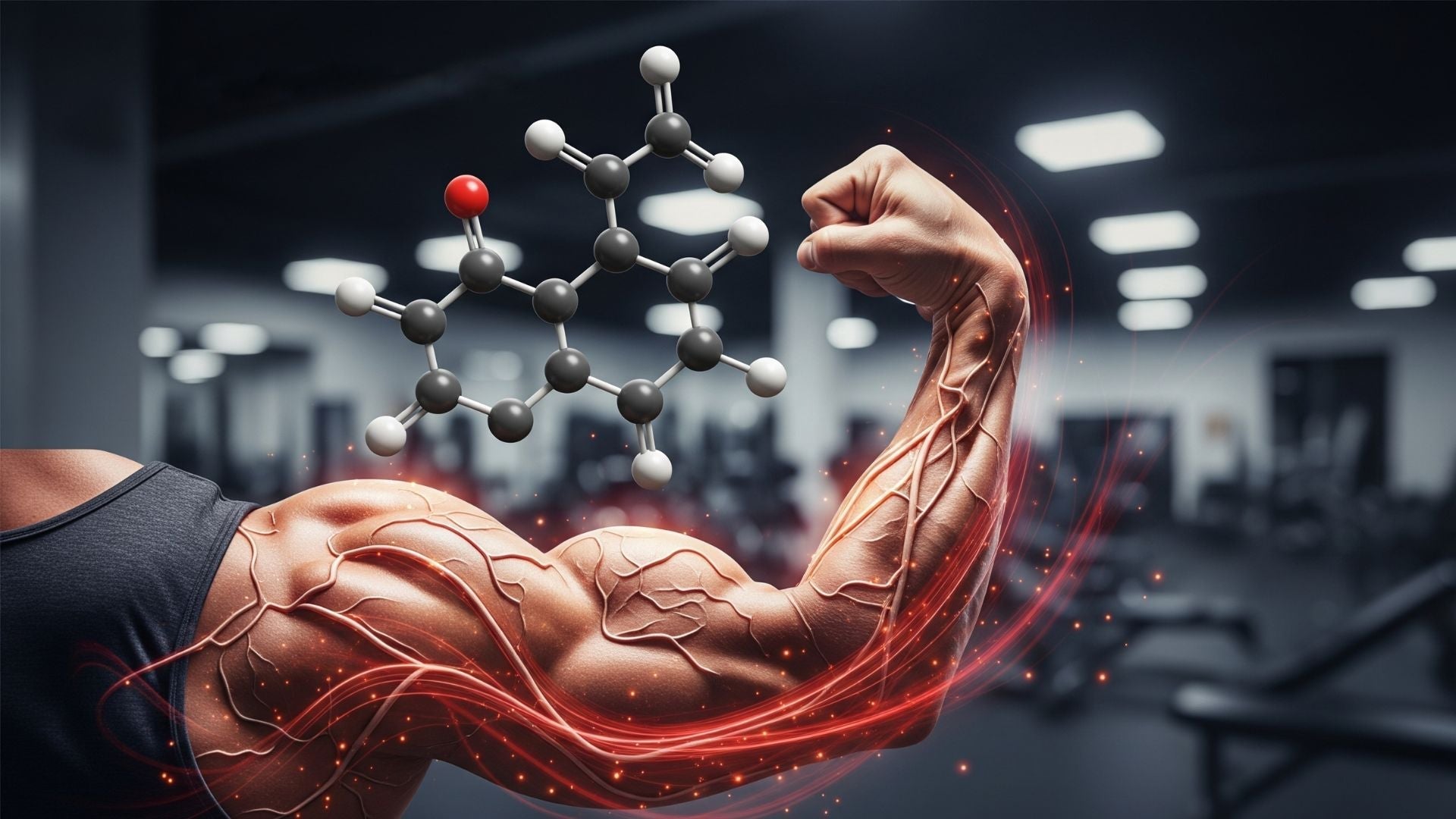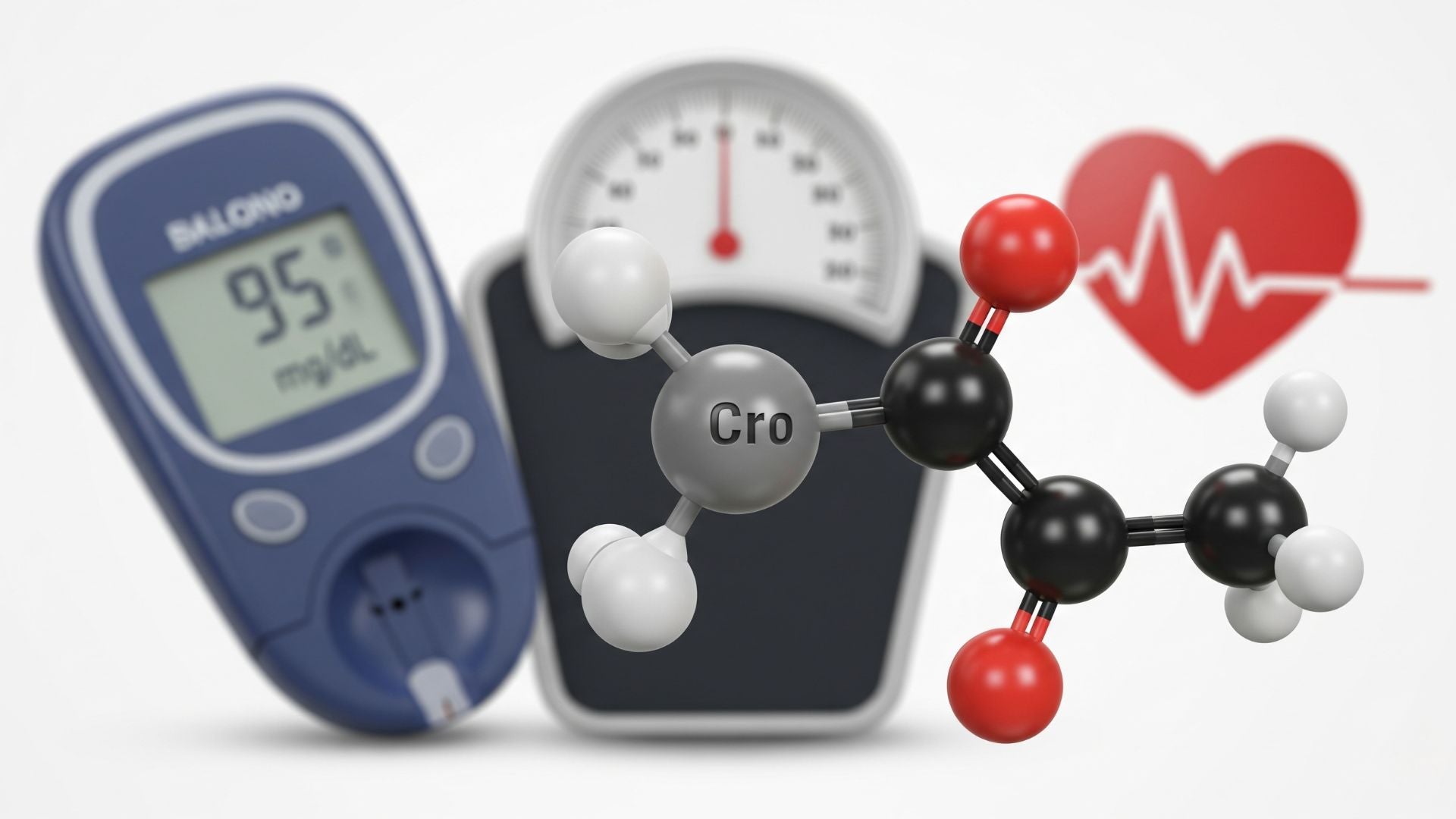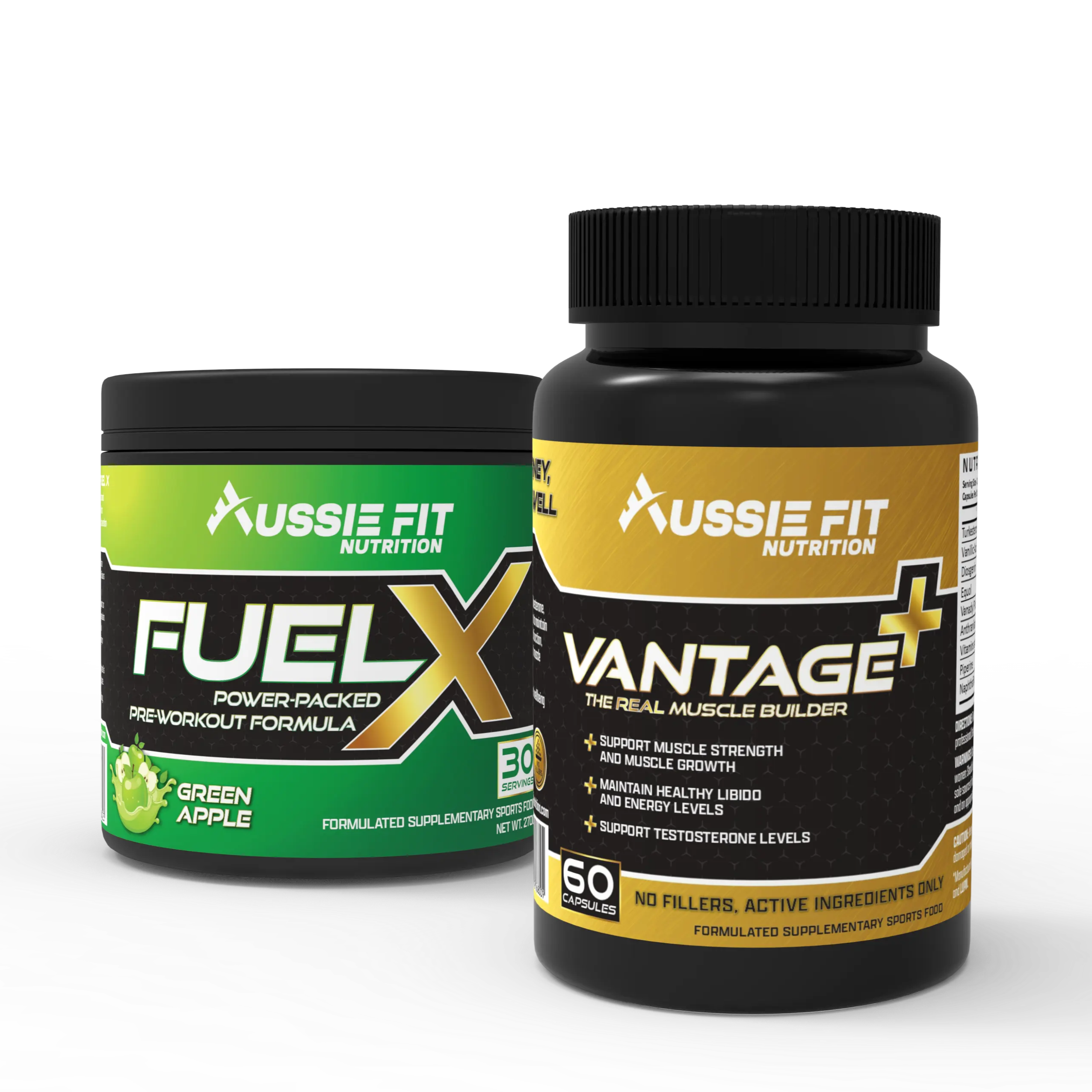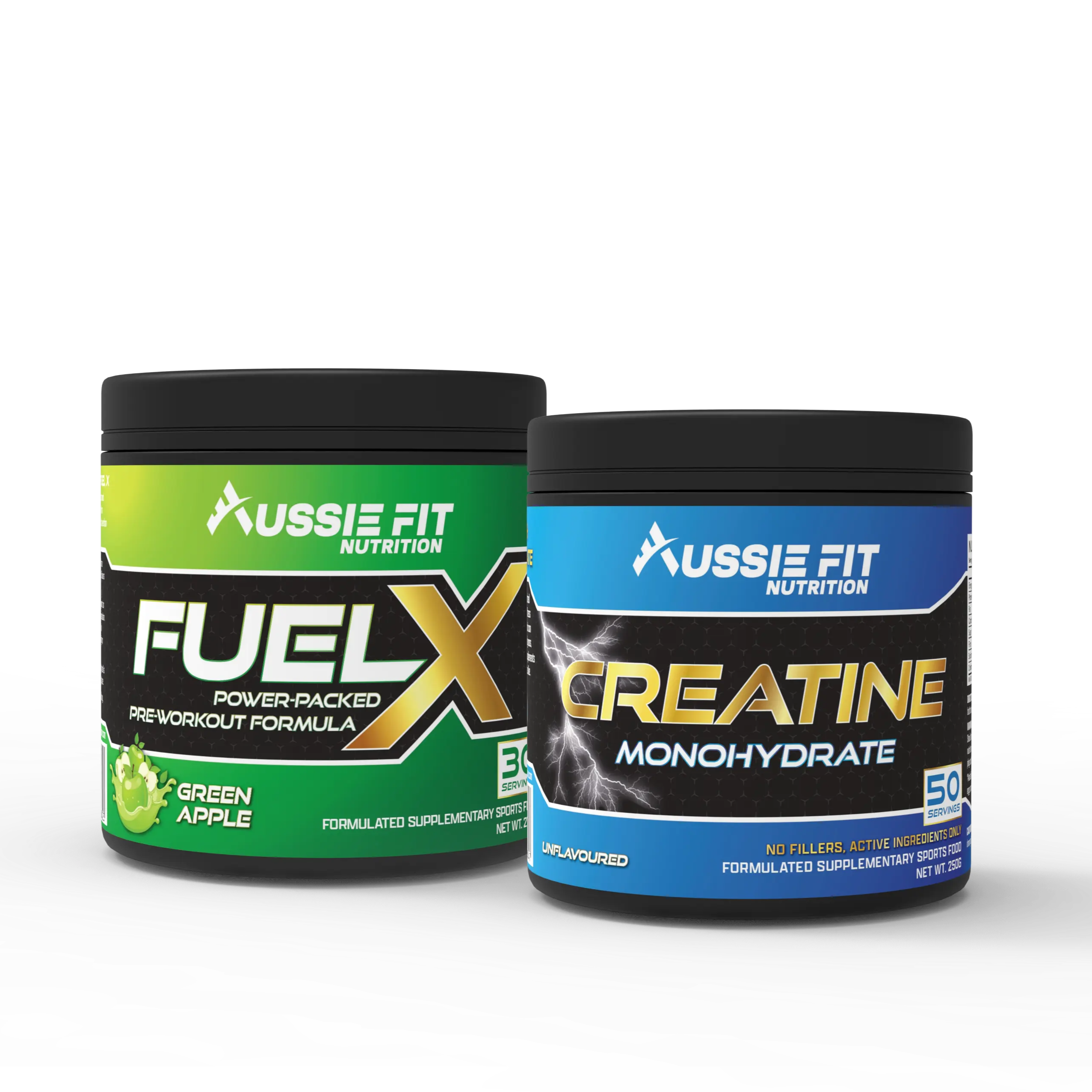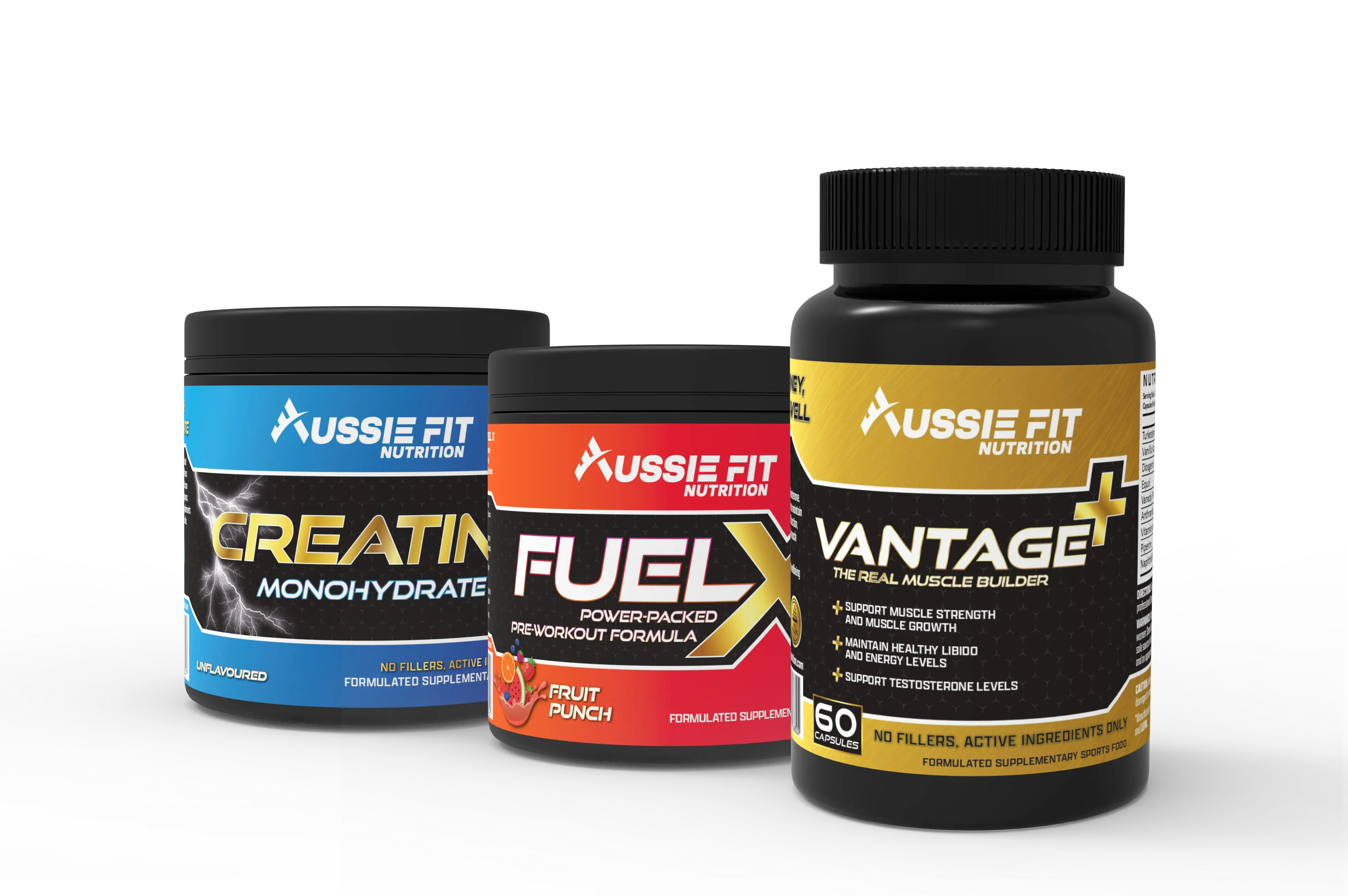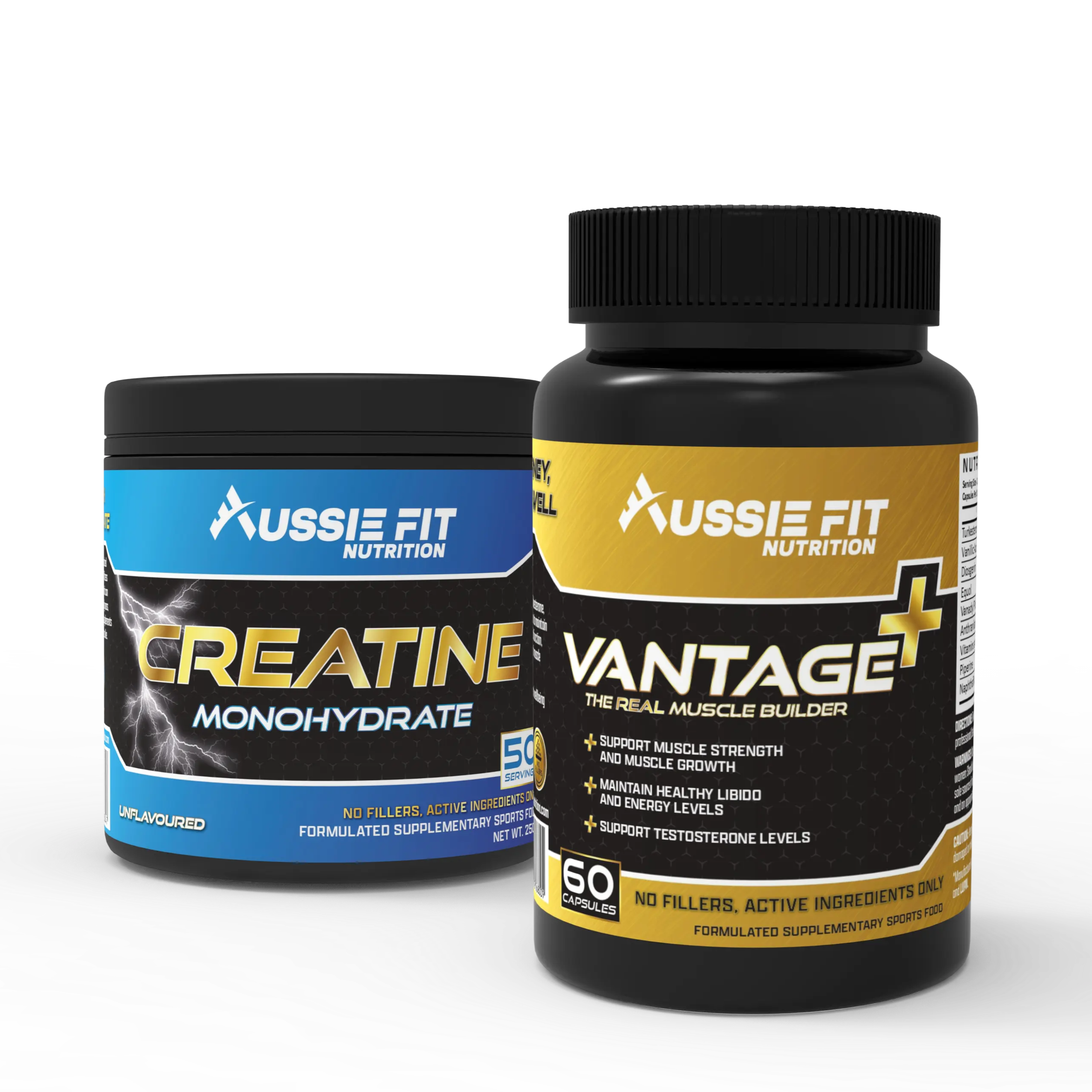Citrulline Supplement Benefits Uses and Possible Side Effects
- by My Store Admin
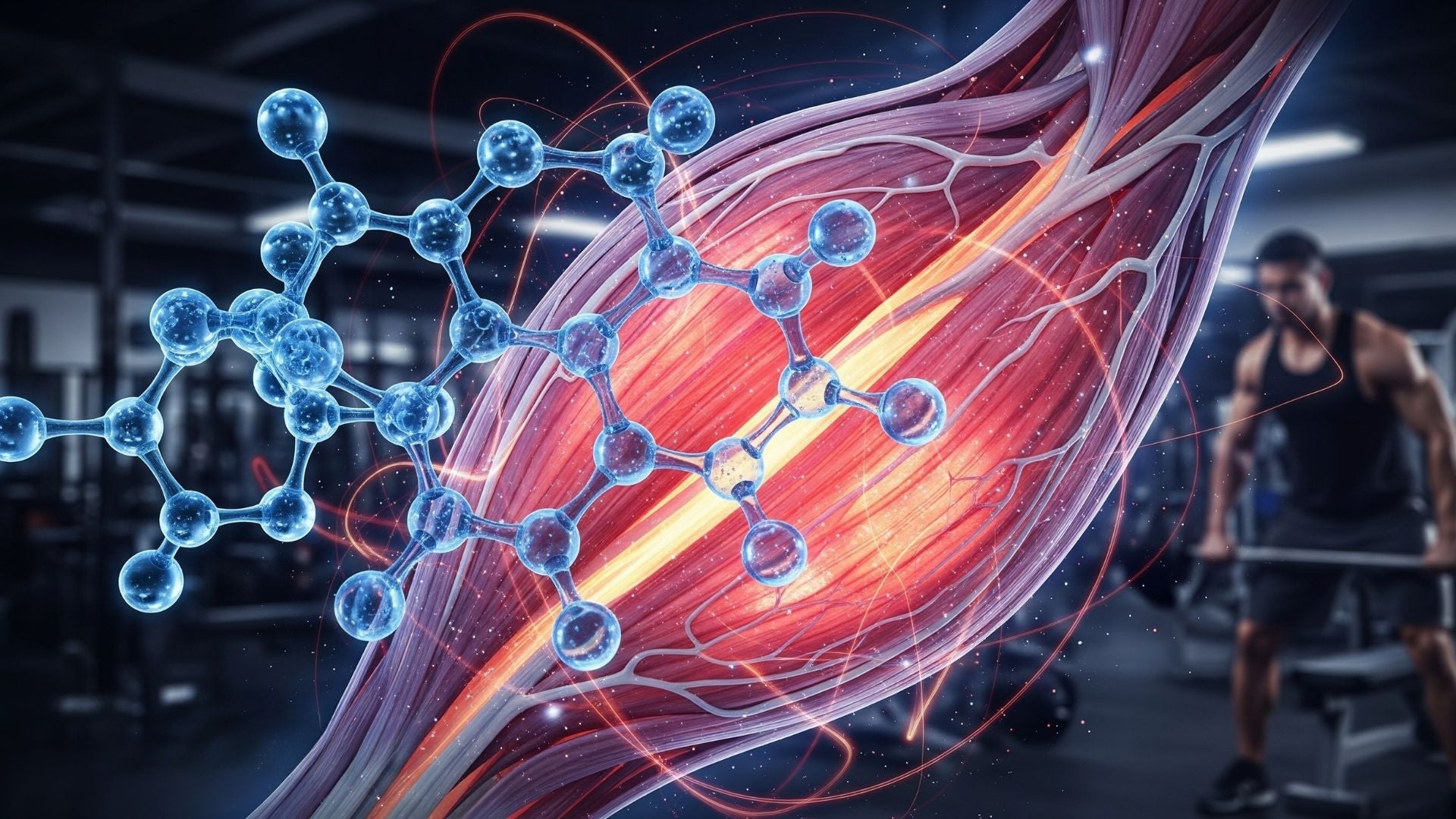
What is Citrulline?
Citrulline is a naturally occurring amino acid that plays an important role in many functions of the human body. Unlike essential amino acids that must be obtained from diet, citrulline is produced naturally in the body, but it can also be found in certain foods such as watermelon, cucumbers, and some legumes. The name citrulline actually comes from the Latin word for watermelon, “Citrullus,” because this fruit contains the highest natural concentration of the amino acid.
In the human body, citrulline is converted into another amino acid known as arginine, which is then used to produce nitric oxide. Nitric oxide is a compound that helps relax blood vessels, improve circulation, and support heart health. Because of this function, citrulline is often linked to improved athletic performance, reduced muscle fatigue, better cardiovascular health, and even potential benefits in conditions like erectile dysfunction.
Citrulline is available in two main supplemental forms. The first is L-citrulline, which is the natural amino acid itself. The second is citrulline malate, which is a combination of citrulline and malic acid. While L-citrulline is mainly focused on increasing arginine and nitric oxide levels, citrulline malate is particularly popular among athletes because malic acid helps in the production of energy, making it especially useful for endurance and high intensity training.
What does Citrulline do inside the body?
The primary role of citrulline is to assist in the production of nitric oxide, a molecule that signals blood vessels to relax and widen. This process, called vasodilation, results in improved blood flow throughout the body. Better circulation means that oxygen and nutrients are delivered more efficiently to muscles and organs, which can boost performance and recovery in physically active individuals.
Citrulline is also involved in the urea cycle, which is the body’s way of removing harmful compounds like ammonia that are produced during intense exercise. By helping the body clear ammonia, citrulline may reduce muscle fatigue and allow athletes to sustain effort for longer periods.
Another important function of citrulline is its role in protein metabolism. While citrulline itself is not used to build proteins, it stimulates the signaling pathways that support protein synthesis. This means that citrulline may indirectly help the body repair muscle tissue and build lean mass.
In addition to physical performance, citrulline also supports heart health by lowering blood pressure through its ability to relax blood vessels. It may also support cognitive function since better circulation ensures that the brain receives adequate oxygen and nutrients.
Key benefits of Citrulline supplementation
Citrulline has been widely studied for its benefits in both athletic and overall health contexts. Some of the most notable benefits include:
-
Enhanced exercise performance: By boosting nitric oxide levels, citrulline helps improve endurance, strength output, and workout intensity.
-
Reduced muscle soreness: Studies suggest that citrulline malate supplementation decreases post workout muscle soreness and fatigue.
-
Improved blood flow: Better vasodilation supports cardiovascular health and enhances nutrient delivery to working muscles.
-
Support for heart health: Regular supplementation can help lower blood pressure, which is especially useful for individuals with mild hypertension.
-
Potential aid for erectile dysfunction: Since nitric oxide improves blood circulation, citrulline may help men experiencing mild cases of erectile dysfunction.
-
Enhanced protein metabolism: By stimulating protein synthesis, citrulline may indirectly help in building lean muscle mass.
-
Detoxification support: Participation in the urea cycle allows citrulline to help the body remove ammonia, reducing fatigue during intense exercise.
How does Citrulline benefit athletes?
Athletes and fitness enthusiasts are among the most common users of citrulline supplements. During high intensity training, the body accumulates lactic acid and ammonia, both of which contribute to fatigue and decreased performance. Citrulline helps to clear these byproducts, enabling longer and more intense workouts.
Research indicates that citrulline malate is especially effective for athletes because it combines the blood flow benefits of citrulline with the energy boosting properties of malic acid. This dual action helps increase stamina, strength, and recovery speed. Many athletes report reduced muscle soreness the day after training when using citrulline malate, which allows them to return to training sooner and maintain consistency in their routines.
Citrulline is also a favorite among bodybuilders because increased blood flow to muscles produces what is known as the “pump” effect, where muscles appear fuller during workouts. This effect is not just cosmetic but also aids in delivering nutrients to muscles more efficiently.
Are there any side effects of Citrulline?
Citrulline is considered safe for most healthy individuals when taken in appropriate amounts. Since it is a naturally occurring amino acid, the body is able to tolerate it well. However, some people may experience mild side effects such as stomach discomfort, bloating, or diarrhea, especially if large doses are consumed.
Because citrulline affects nitric oxide and blood pressure, individuals who are already on medication for hypertension or heart conditions should consult a healthcare professional before using it. Excessive supplementation without medical advice is not recommended, especially for people with cardiovascular concerns.
In general, the side effects of citrulline are mild compared to its potential benefits, but it is always advisable to start with lower doses and gradually increase to recommended levels.
What foods naturally contain Citrulline?
Citrulline is most abundant in watermelon, with the highest concentration found in the rind. Smaller amounts are present in cucumbers, squash, pumpkins, and certain legumes. While eating these foods can increase citrulline intake naturally, the amounts are often not high enough to produce the same effects as supplementation. This is why athletes and those seeking specific health benefits often prefer supplements, which provide controlled and consistent dosages.
Why is Citrulline popular in pre workout supplements?
Citrulline has become one of the most common ingredients in pre workout supplements because of its direct impact on endurance, muscle pumps, and recovery. The ability to delay fatigue, clear ammonia, and boost nitric oxide levels makes it highly effective for both strength training and endurance sports. Many pre workout formulas combine citrulline with other performance enhancers such as beta alanine, caffeine, or creatine for a synergistic effect.
Another reason for its popularity is its versatility. Citrulline is useful not only for athletes but also for individuals seeking improved circulation, better cardiovascular health, or support for sexual wellness. Its wide range of benefits has made it a staple ingredient across different supplement categories.
- Posted in:
- IG






